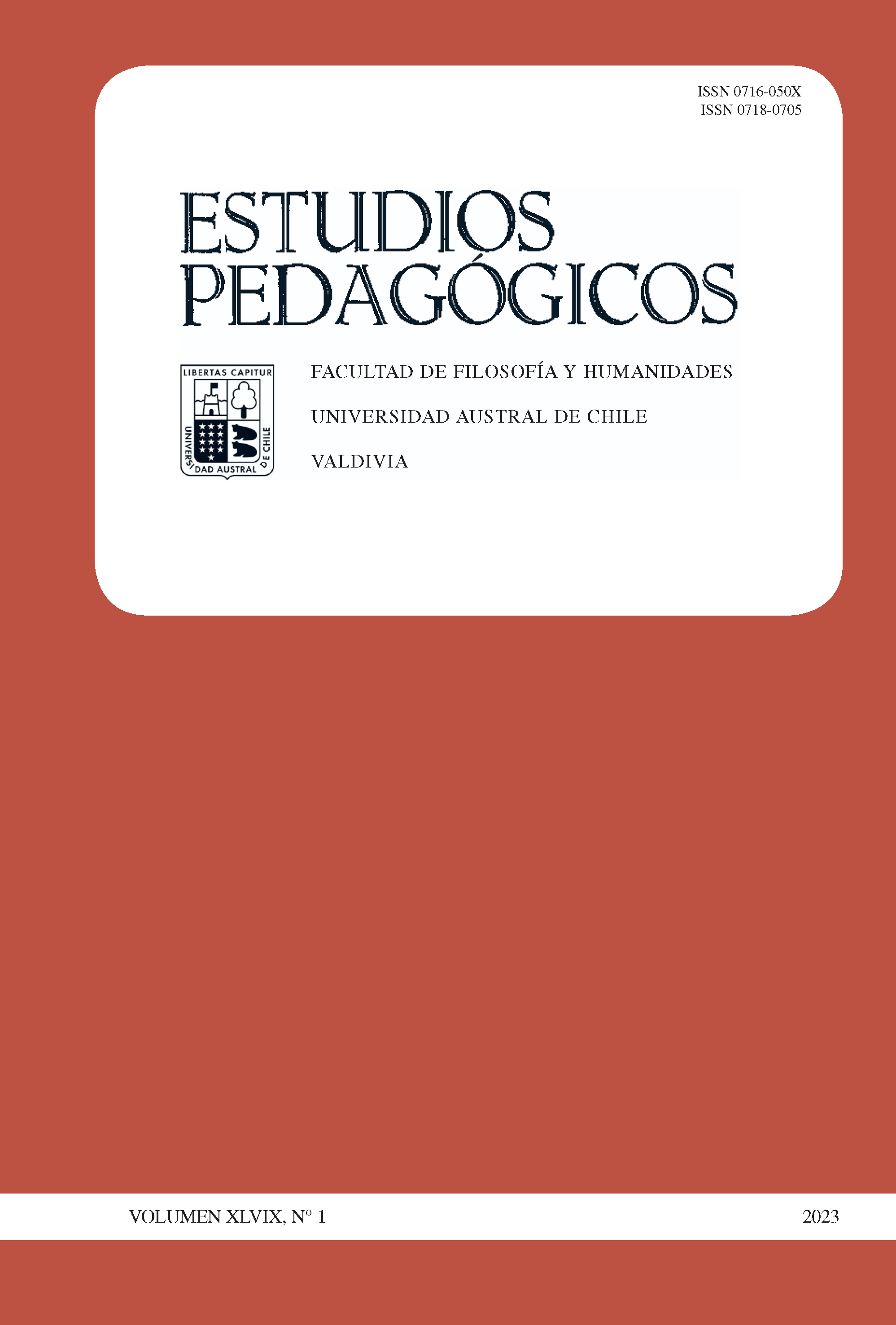Mathematics knowledge profiles for students of pedagogy in basic education to teach geometry
Main Article Content
Abstract
Mathematical knowledge for teaching has been broadly and generically studied for the effect it has on the quality of teachers’ teaching practices and on the learning that students can achieve in the school classroom. Thus, this study delves into the variations of geometric knowledge to teach in a sample of 94 primary education pedagogy students. By psychometrically validating an instrument, performance profiles were determined according to the dimensions of mathematical knowledge to teach and the resulting grouping factors using the latent class analysis technique. The results show different profiles of knowledge with unequal performances, the highest being those related to the measurement and visualization of figures and bodies, and the lowest those related to knowledge about typical errors and the selection of activities on the topic of angles.

